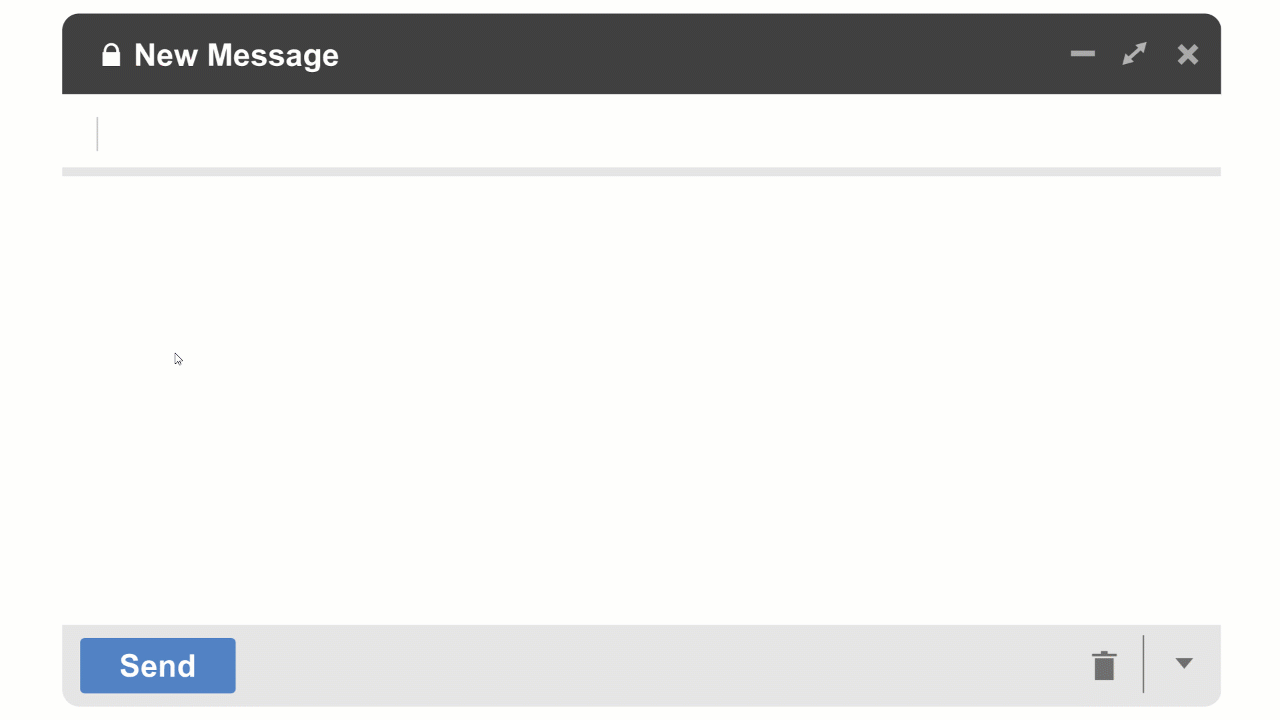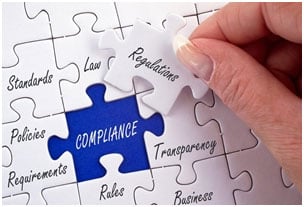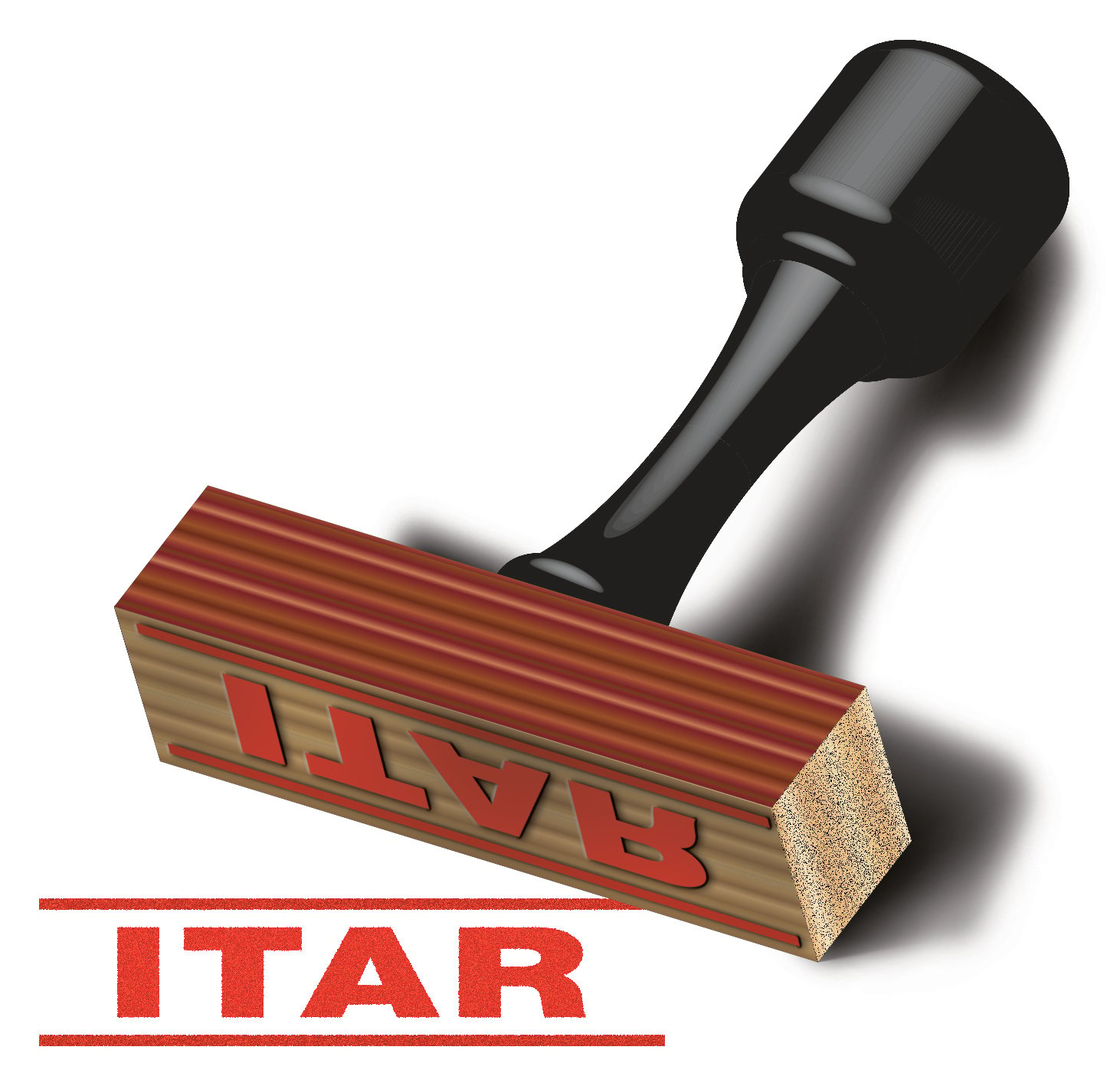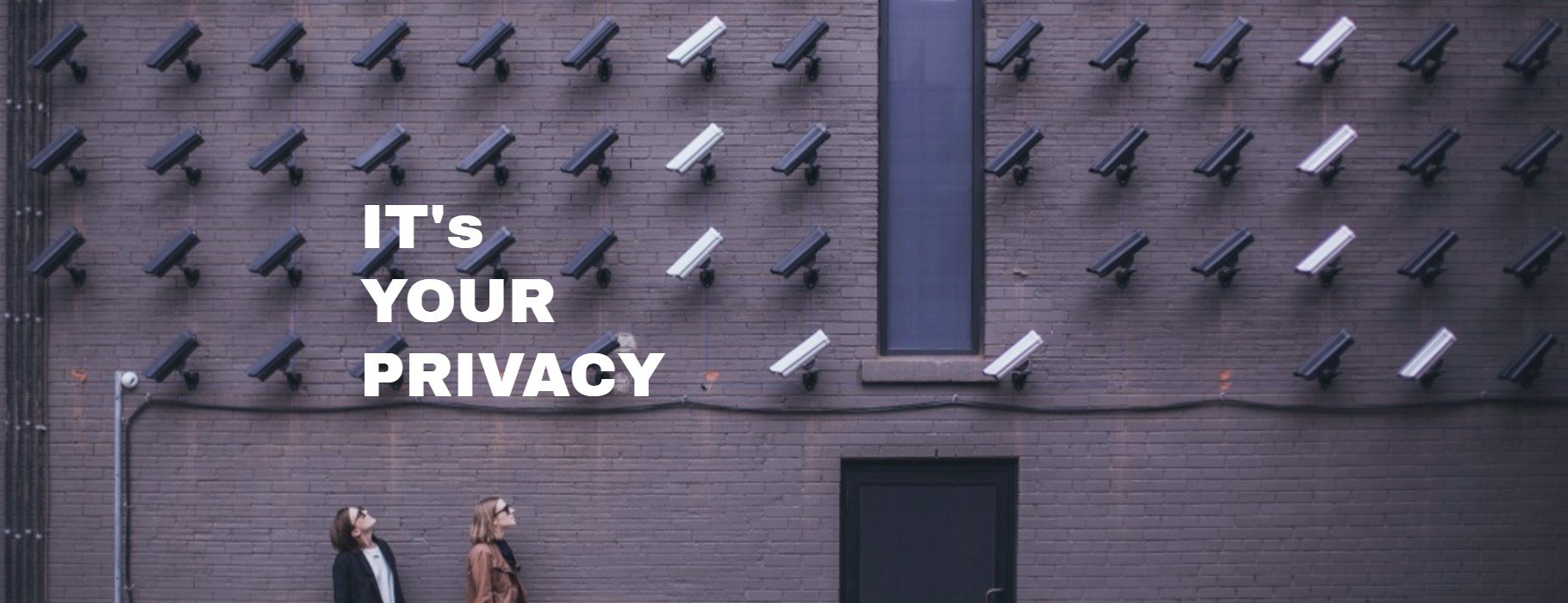
The cloud clearly provides a number of benefits for businesses and associations, but as many are aware, remaining compliant with regional, federal and industry law and regulations is a major challenge.
For decades, organizations have kept control over their data and customers' information as it was simply stored in on-premise data centers. Now, cloud services are the de facto standard for enterprise IT, especially for smaller organizations that are planning for growth. The cloud clearly provides a number of benefits for businesses and associations, but as many are aware, remaining compliant with regional, federal, and industry laws and regulations is a major challenge. This hurdle is especially difficult to clear when organizations must adhere to a number of data security and privacy standards.
So, the question is when using the cloud to store, access, share or manipulate data, how can organizations ensure they remain compliant with so many data privacy regulations?
Think geographically
One solution for business and associations is to ensure that their cloud vendors are geographically local or at least located in the same jurisdiction. After all, if a majority of problems are associated with maintaining compliance with industry regulations as well as different countries' federal laws, why not remove one issue from the equation? This just isn't a viable alternative for many organizations, especially ones with global footprints or those that are particularly reliant on travel.
Additionally, as CIO magazine contributor Paul Korzeniowski pointed out, cloud service providers often use third parties for operational support. Businesses and associations are responsible for data protection at the end of the day, and if a breach occurs while not in compliance with those third parties' regional regulations, data owners will always be on the hook.
Encryption
The alternative solution is often highlighted by many cybersecurity experts: encryption. Writing for Tech Target, Aislyn Fredsall recalled a webcast from Rich Mogull, founder of Securosis, in which he explained that achieving compliance in the cloud is a major, and "obvious," factor driving corporate adoption of encryption solutions.
"Encryption only ensures compliance if the key remains in the data owner's control."
By obscuring sensitive information, organizations can remove many data privacy and security regulations from their cybersecurity scope. Simply put, encrypted, tokenized or otherwise anonymized data can be stored in the cloud without a worry in regard to local, federal or industry regulations - the personally identifiable information effectively disappears from sight of IT teams, third-party partners and any other entities.
However, encryption alone is not enough. It will only ensure compliance if the key remains in the data owner's control. If organizations store encryption keys in the cloud, then they are nullifying the point of data obscurity in the first place.
This is why CloudMask is a last-layer data security solution: It has the ability to encrypt data and protect information, as well as provide data owners with control over the encryption key, allowing them to store it outside of cloud services. No one can get in.
When personally identifying information is no longer present in a data set, a breach of IT security does not automatically become a data breach.

With CloudMask, only your authorized parties can decrypt and see your data. Not hackers with your valid password, Not Cloud Providers, Not Government Agencies, and Not even CloudMask can see your protected data. Twenty-six government cybersecurity agencies around the world back these claims.
Watch our video and demo at www.vimeo.com/cloudmask
![]()







